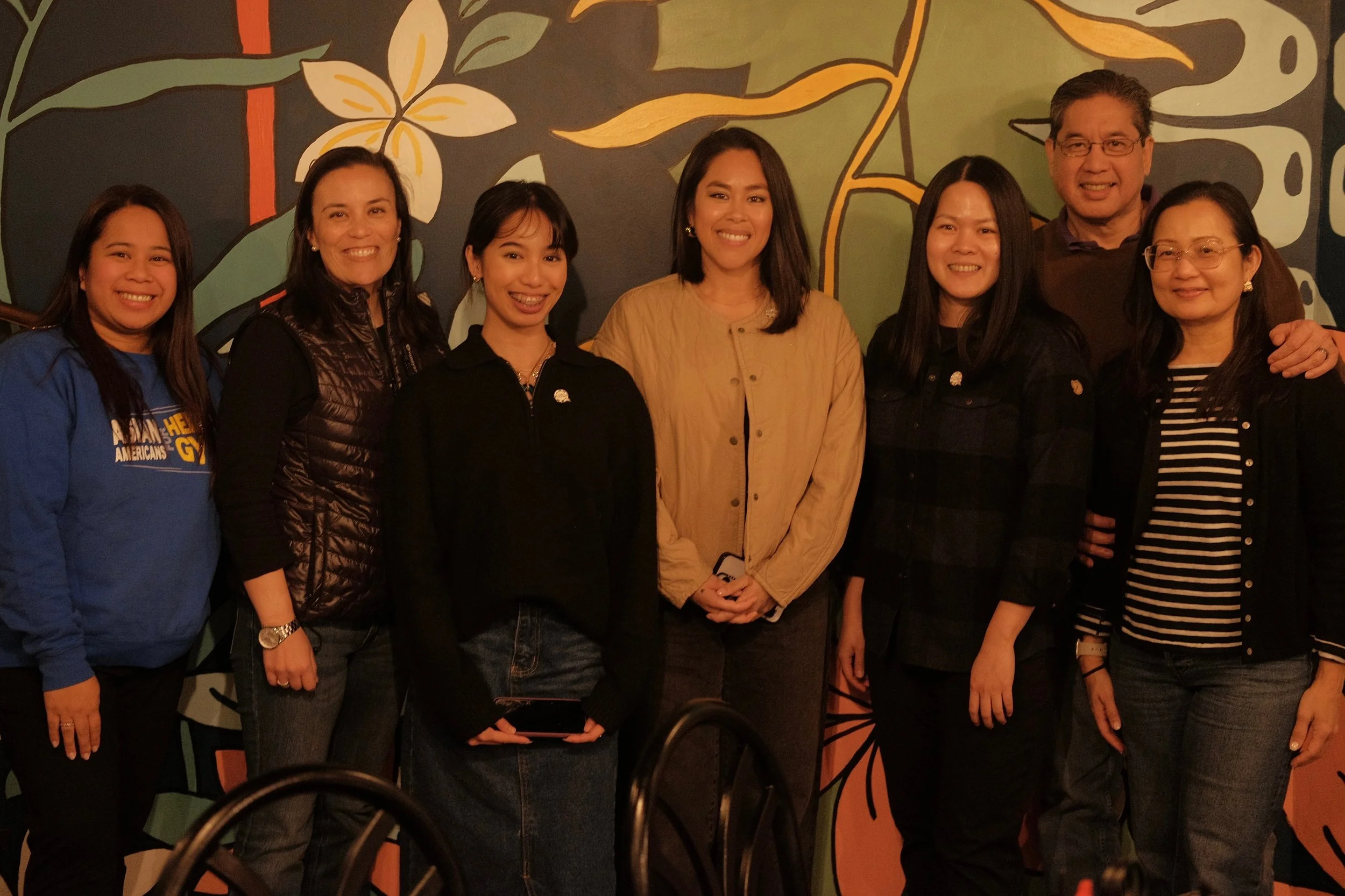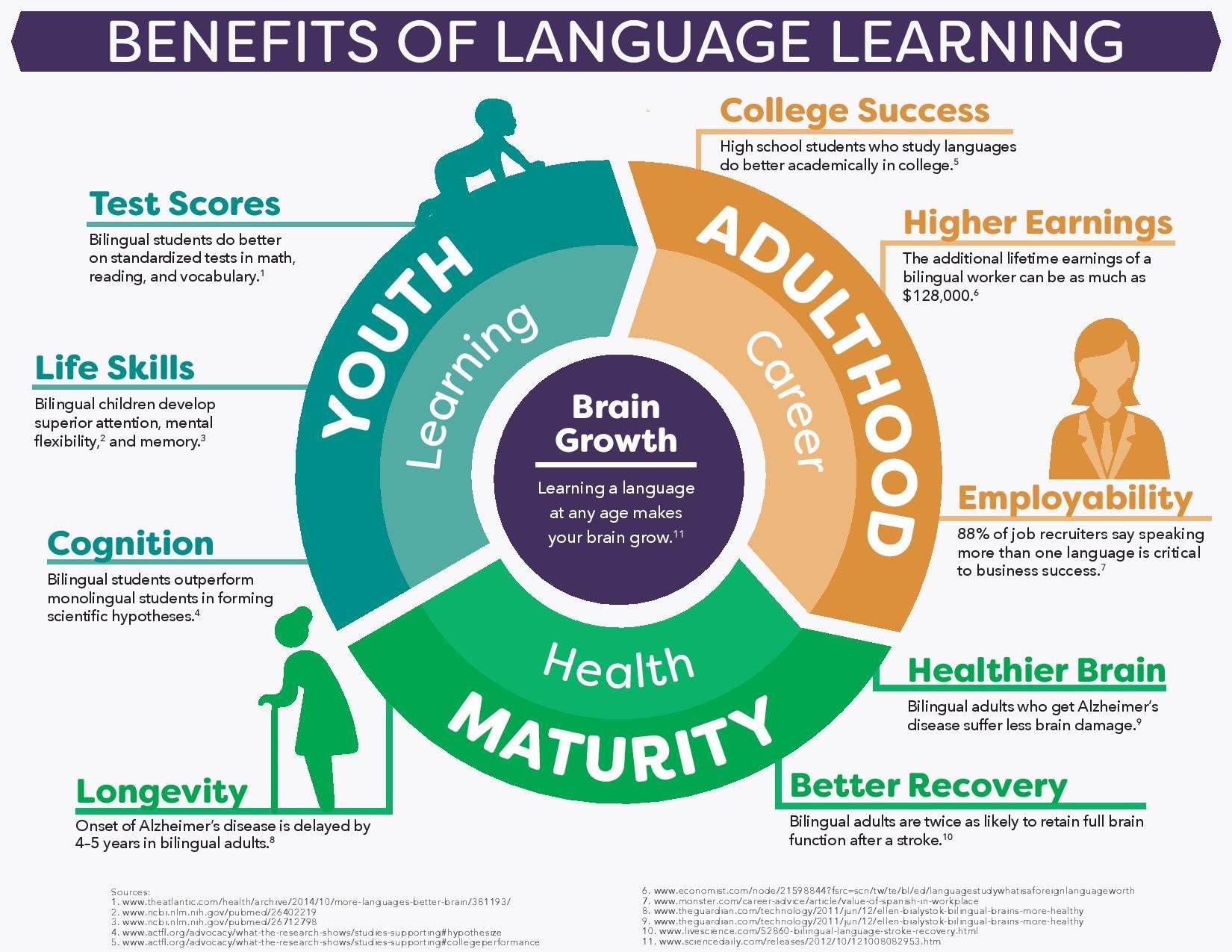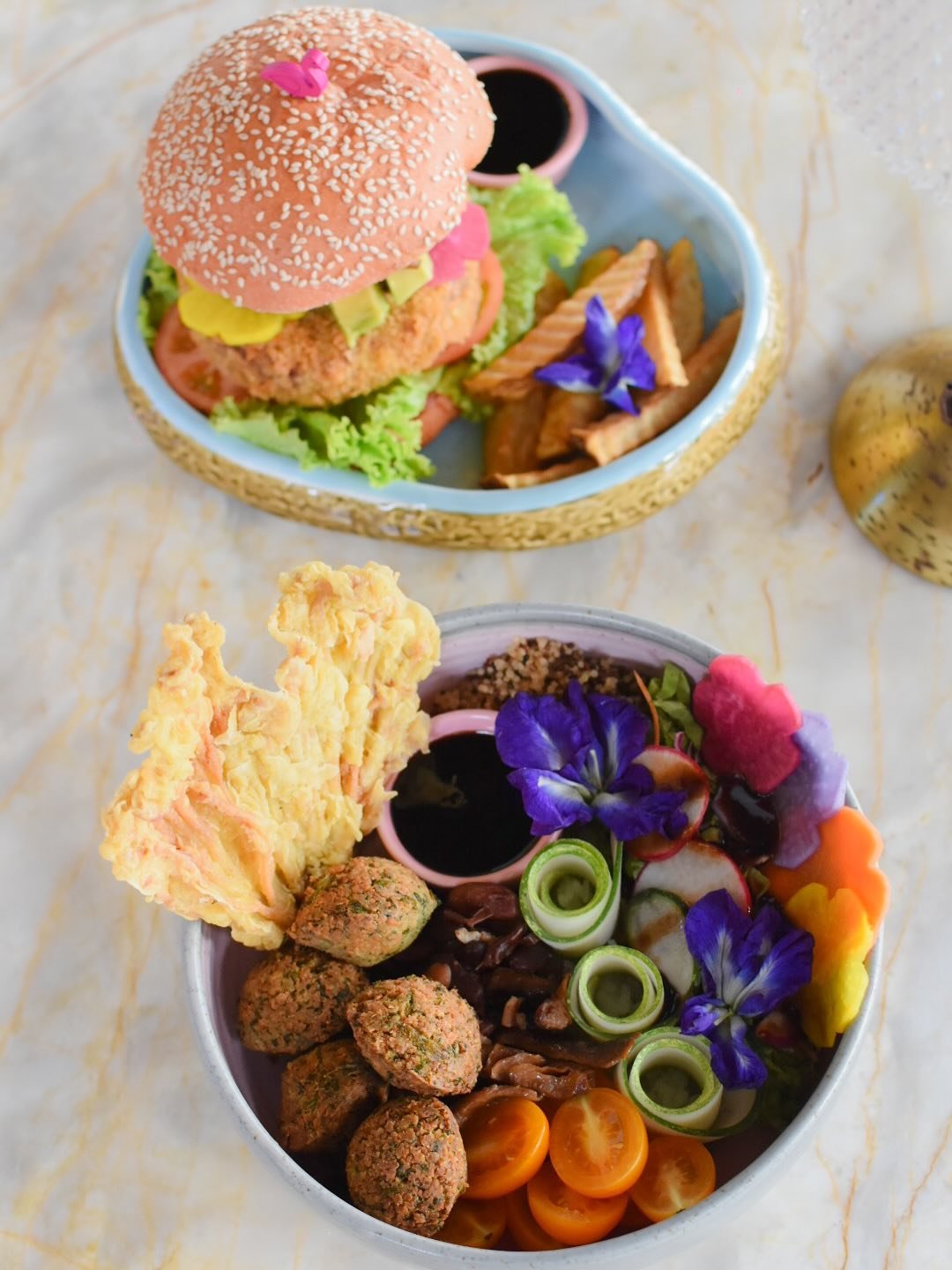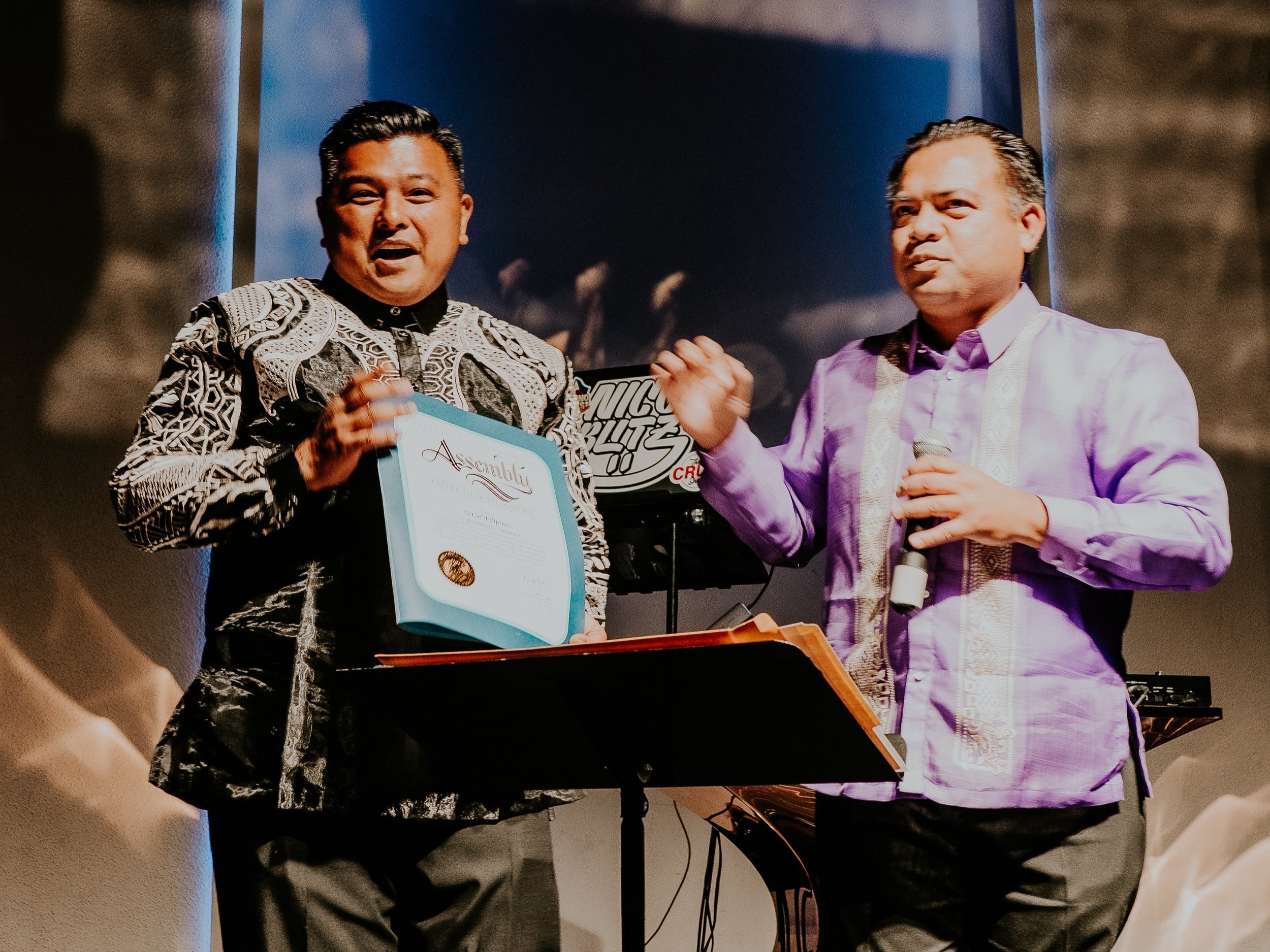Behind the Smile: The Hidden Weight First- Gen Filipino-American Graduates Carry
What graduation really means in a Filipino family and what it looks like for many post-grad’s mental health.
July 8, 2025
Written by Shaina Manlangit
Graduation day — for many, it’s the best day of their lives, marking the end of years filled with late-night studying, sacrifice, and striving to earn A’s to make their parents proud. Yet for many Filipino-American graduate students, this milestone also signals the beginning of a new kind of pressure — one that isn’t always spoken about. It’s the silent weight of expectations: to find a job in the medical field, care for family members, and secure a position that offers a good salary and benefits.
Parents and relatives often immigrated with dreams of a better life. They worked long hours in low-paying, under-the-table jobs, sent money back home, and made countless personal sacrifices.
“When I started college, it had only been two years since my family and I moved to the U.S. because my parents immigrated in their late 40s,” shared Filipina-American Texas A&M graduate Faye Suficiencia. “They were very adamant about me studying nursing. In their eyes, it was straightforward and would fast-track financial and job stability — in other words, it would fast-track our ‘success.’”
This sense of responsibility isn’t unique. Paul Junver Soriano, a recent Filipino-American Software Engineering graduate, echoed similar feelings. “As a first-generation immigrant myself, I am the first in my family to graduate from an American university,” Soriano said. “I knew that my parents and grandparents put me through college to give me a good life, so I definitely feel the pressure to live the life they dreamed for me — the so-called ‘American dream.’ I don’t want their sacrifices to go in vain.”
This narrative creates a sense of urgency to find a stable job immediately after graduation in order to be seen as successful. There’s pressure to land a “good job” — typically defined as one that offers financial stability. Many feel obligated to become breadwinners or help pay household bills, especially when living in multigenerational homes or caring for younger siblings or aging parents. The desire to give back and ease family burdens can be a powerful motivator — but it can also create anxiety and guilt when considering a path driven by genuine passion.
“Personally, there are certain expectations that have been ingrained in me since I started my college journey,” Soriano said. “I pursued a degree in STEM (Software Engineering), so I was always told that I was ‘smart,’ and that I would ‘earn a lot of money’ after I graduate. The reality is that the job market has changed, and I feel like those expectations are now weighing on me.”
“To be honest, my definition of success became tied to my family’s financial security and their ability to adjust to life in America,” Suficiencia said. “For the longest time, I felt like I had to guide and handhold them through everything. Since we’ve only been in the U.S. for seven years, I always had that push and pull between family duties and my own desires that other people didn’t fully understand.”
This often translates into a rigid timeline for Filipino-American graduates which is to get a job, get married, buy a house, and start a family. But life rarely follows a linear path — especially for young adults navigating their own identities and ambitions. With the added weight of student loans and family responsibilities, there’s often little space to explore or pivot careers. Choosing a path based on passion or curiosity may be seen as risky or even selfish. As a result, many Filipino-American grads set aside their true interests — whether in the arts, entrepreneurship, or other unconventional fields — because the stakes feel too high.
“I have always been passionate in the arts, specifically music and theatre. I love being able to perform and express myself in artistic outlets,” Soriano said. “While my parents have never been opposed to it, they also have not been the most supportive. They see these as hobbies, rather than career paths.”
“There were jobs I couldn’t apply for since I had to pick up my mom in the afternoon,” Suficiencia explained. “I had to step out of meetings because my dad got a phone call and needed me to speak on his behalf — people couldn’t understand him.”
In this context, “finding your passion” becomes more than a cliché — it’s a radical act of self-care and mental wellness. Pursuing interests outside of what’s expected is a way to reconnect with your authentic self and challenge the idea that success must look a certain way.
It’s also a redefinition of what it means to honor your family. Many Filipino-American grads find ways to blend their cultural values with their passions, creating careers and lives that balance personal fulfillment with family responsibility. Whether through creative projects, social impact work, or entrepreneurship, carving your own path is not only possible — it’s powerful.
“To me, success feels like doing something that I love or that I can be proud of,” Soriano said. “While it is tempting to do something as a means to an end, I want to be more intentional with my time and effort.”
Looking back, Suficiencia said that working on campaigns and with LEAD Filipino helped both her and her parents realize she’s capable of pursuing meaningful work on her own terms. “I love the work that I do now, and to me, that’s success — and because of that, I don’t listen to outside noise about what I should be doing.”
If you’re a recent grad, here are some steps you can take to confront this silent pressure head-on:
Connect with someone in a role you aspire to be in to learn how they navigated similar pressures.
Share your story — whether through social media, community groups, or conversations with friends to help normalize these experiences and reduce stigma.
Have an honest conversation with family to tell them about your goals to build understanding and support.
The pressure to succeed quickly, support your family, and stay “on track” can feel really overwhelming — but it doesn’t have to define your life. Prioritizing your mental health and pursuing your passions isn’t selfish — it’s essential.
Remember, your journey is yours to shape.
Editor’s Note: All photos courtesy of graduates interviewed. Our deepest thanks to recent grads Faye Suficiencia and Paul Junver Soriano for sharing their stories with honesty, vulnerability, and heart. Your words speak for so many who haven’t found the language yet.





































Baba's House appears unassuming from the outside. A restaurant occupies the downstairs, but venture upstairs to find a mahjong den with multiple tables. From there, a secret passage leads to the 13 Orphans Speakeasy bar.
Read More